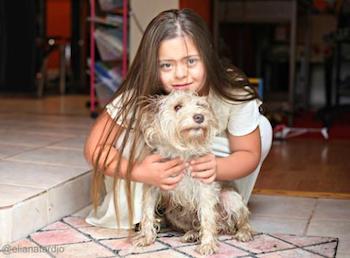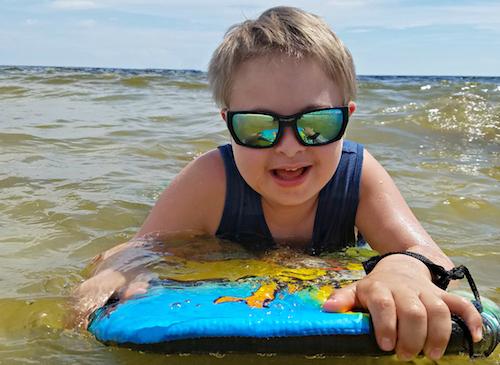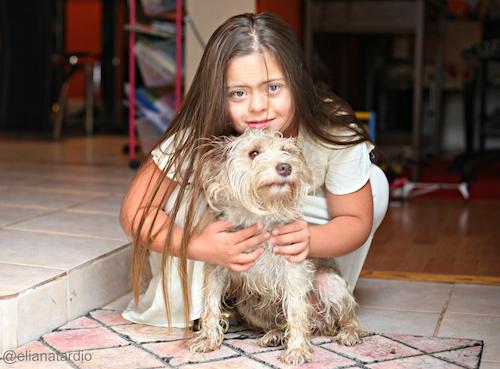
Down Syndrome Awareness Month: Condescendence Is Not What We Need
Let’s be honest, as parents of a child, or children, with special needs of any kind, not just Down syndrome, it takes years to learn and understand that condescendence has nothing to do with inclusion, and in the end, it has nothing good to offer to our children. As the parent of two children with Down syndrome, ages 13 and 10, I admit that I myself have been guilty of this misdoing when I wasn’t yet a parent. I’m also guilty of accepting it when my children were still young. I used to believe it was sweet and compassionate when people gave them special attention or made an exception to accommodate them without even asking, until one day I realized how isolating and hurtful condescension may be as a reflection of prejudice.
For Down Syndrome Awareness Month, I feel the need to explain to people the effects of condescendence to help them understand better ways to show empathy and respect for our children with Down syndrome, and in general, for people of all ages and with all kinds of abilities.
Why should we be aware of the effects of condescendence in the lives our children with Down Syndrome and other special needs?
Because sadly, condescendence is the result of prejudices that are strongly attached to our beliefs as a community. When we communicate our expectations through condescension,
- We tend to treat people with Down syndrome as if they are eternal kids
- We treat them as a label and so we believe we already know what they can and cannot do based on their diagnosis
- We praise the common prejudices that perpetuate them as “forever young” or the sweetest and most innocent creatures in the world, and we mistakenly feel that by saying “aww” or liking a cute picture of a person with Down syndrome on Facebook we are doing something positive
- We believe that they don’t have not enough abilities to have regular opportunities, so we applaud when someone “does them the favor” of “giving” them a regular job like everyone else
- We believe that they need and deserve to be placed in segregated classrooms because we feel this is the best way to protect them from the mean kids who otherwise would make fun of them
- We assume they can’t defend themselves, so without even giving them the chance, we teach our typical children to protect them, instead of teaching them to recognize them as regular people with special needs but unique abilities
- We feel proud of our tears of compassion every time a person with Down syndrome smiles or does something fun for the masses, and like that, we diminish their possibilities and their abilities and we dehumanize them by trying to idealize them
How do we change all this?
There is only one way. Stop treating people with Down syndrome with condescendence and treat them like regular people. Recognize their right to live an inclusive life based on their personal abilities and individuality. Celebrate them during the month of October and every other day by showing them respect, sharing the message, and recognizing their talents as unique human beings, just like everyone else.





The views and opinions expressed in this post are those of the author(s) and do not necessarily reflect those of MomsRising.org.
MomsRising.org strongly encourages our readers to post comments in response to blog posts. We value diversity of opinions and perspectives. Our goals for this space are to be educational, thought-provoking, and respectful. So we actively moderate comments and we reserve the right to edit or remove comments that undermine these goals. Thanks!